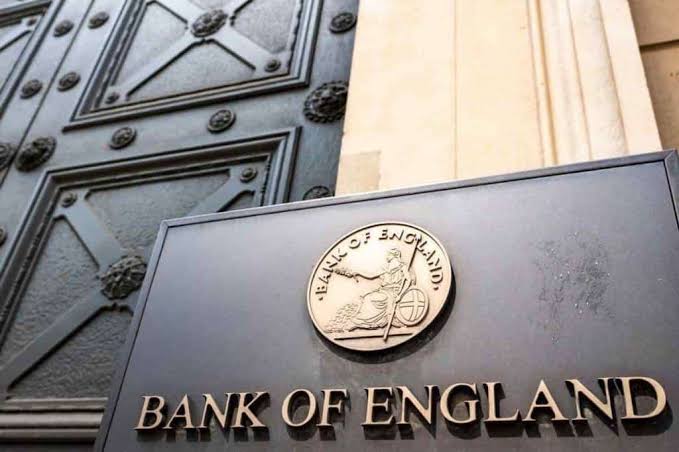
BoE Explores CBDC Alternatives
Significant progress has been made by the Bank of England (BoE) in its central bank digital currency (CBDC) program.
Tom Mutton, director of fintech at the Bank of England, recently discussed the privacy aspect of the CBDC and why the central bank may consider alternatives to the blockchain as the underlying technology.
Mutton stated in the interview that during a recent BoE-hosted meeting of technologists to debate the design of the digital pound, there was an apparent disagreement over which ledger should be used for the CBDC.
Consequently, the bank intends to test multiple ledger technologies, such as blockchain.
The development plans for a digital pound, dubbed Britcoin, were first proposed in April 2021, when the United Kingdom’s Treasury Department and Bank of England established a joint task force to investigate a U.K. CBDC.
Later, in February 2023, the bank issued a consultation document outlining the digital pound’s design.
The BoE and His Majesty’s Treasury are currently soliciting feedback from stakeholders and technology experts on the proposed CBDC design. The feedback period ends on June 30.
Mutton stated:
“We want to be compatible with distributed-ledger business models in the private sector, but we were not convinced that distributed ledgers offered more efficiency over conventional ledgers.”
In addition to discussing blockchain technology, Mutton also addressed the privacy aspect of the CBDC, claiming that it would be focused on providing users with privacy and would not collect confidential information.
He stated that the bank would be responsible for supplying the infrastructure, while the private sector would be in charge of innovation.
“There will be no data shared with the Bank of England, we will know what transactions have happened but we will have no data on the individual who did it. While the wallet provider would have the user data but won’t have access to their transaction data.”
Mutton stated that neither the Bank of England nor the government could access user data. Even wallet providers with limited access to that data would need user permission to store specific data.
With a concentration on retail, the BoE had previously stated that the digital pound and private stablecoins could coexist.
